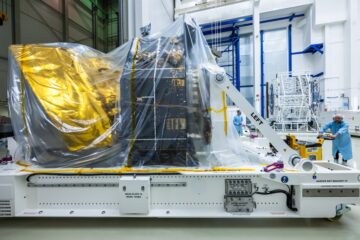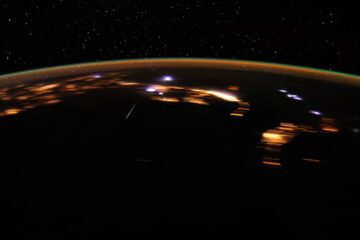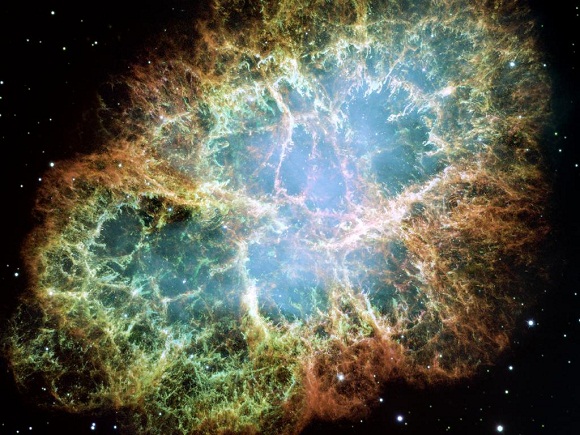Plato arrived at ESA’s test centre by boat
The European Space Agency’s Plato spacecraft has safely arrived at ESTEC, ESA’s technical heart in the Netherlands. There, engineers will complete the spacecraft by connecting its solar panels and sunshield, and carry out a series of critical tests to confirm that Plato is fit for launch and ready for its planet-hunting Read more














